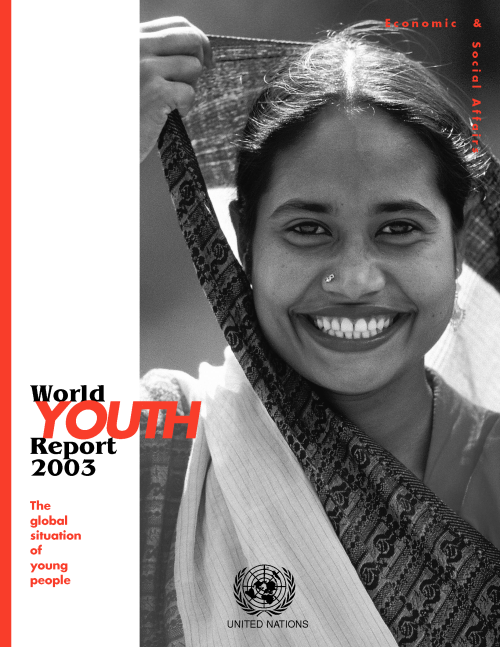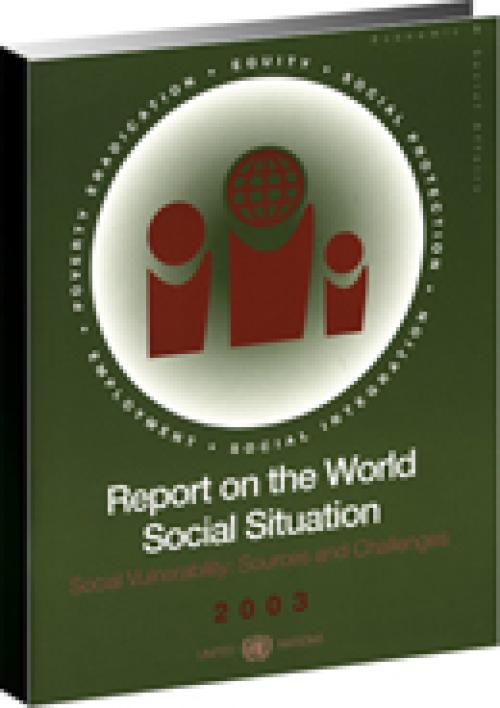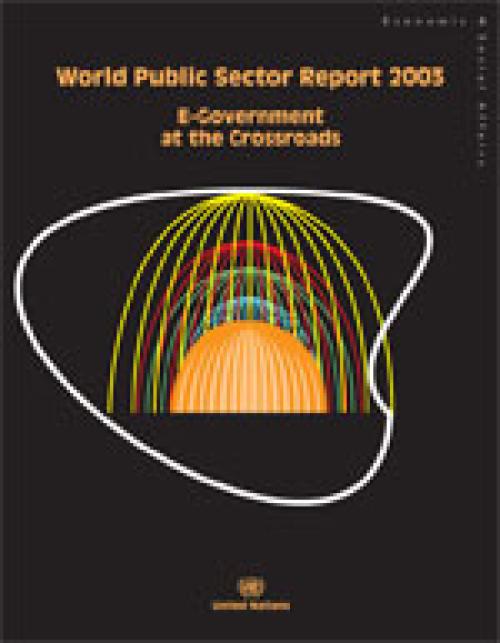
The World Youth Report 2003 provides an overview of the global situation of young people. The first 10 chapters focus on the priority areas identified by the World Programme of Action for Youth (WPAY), adopted by the General Assembly in 1995. The remaining five chapters address some of the newer issues that were later identified as additional priorities for youth and were adopted by the United Nations Economic and Social Council (ECOSOC) in 2003.

The 2003 Report on the World Social Situation is the sixteenth in a series of reports on the subject dating back to 1952. It is available as a United Nations sales publication. Its main theme is ” Social vulnerability”. The present Report is the first produced on a biennial basis. This is not, however, the only change to the Report. Its content should be seen as part of the new initiatives put forward by the Secretary-General in his quest to renew the capacity of the Organization to provide a space for genuine dialogue and to serve as a catalyst for effective action.
There are two new main features in the 2003 RWSS compared to previous reports.…

E-government at the Crossraods
The World Public Sector Report 2003 presents a view of e-government as a tool for creating public value. It puts e-government development in the context of the United Nations Millennium Declaration, the Report claims that meaningful e-government applications are those that support the environment conducive to human development and suggests that such an environment can be created by a conscious effort "world making". It discusses the special cases of e-participation and privacy, all as part of the main message the ICT by itself will not result in a different, better government, or higher quality of life, but that…

Governments are increasingly becoming aware of the importance of employing e government and e governance in improving public service delivery to people. The potential of e-government, as a tool for development, hinges upon three pre- requisites - a minimum threshold level of technological infrastructure, human capital, and e-connectivity for all. E-government Development strategies and programmes will be able to be effective and 'include all' people only if, at the very minimum, all have functional literacy and education, which includes knowledge of computer and Internet use; all are connected to a computer; and all have access to the Internet. The primary…
 Welcome to the United Nations
Welcome to the United Nations